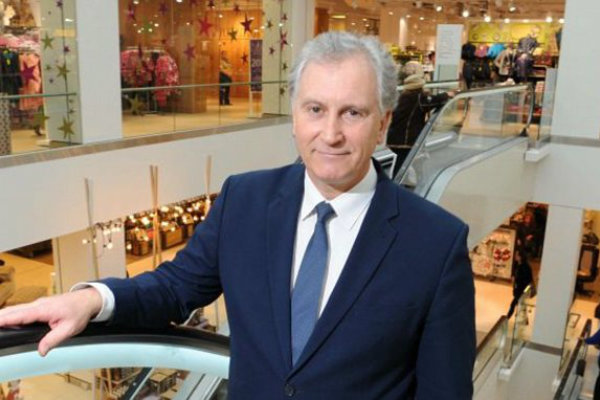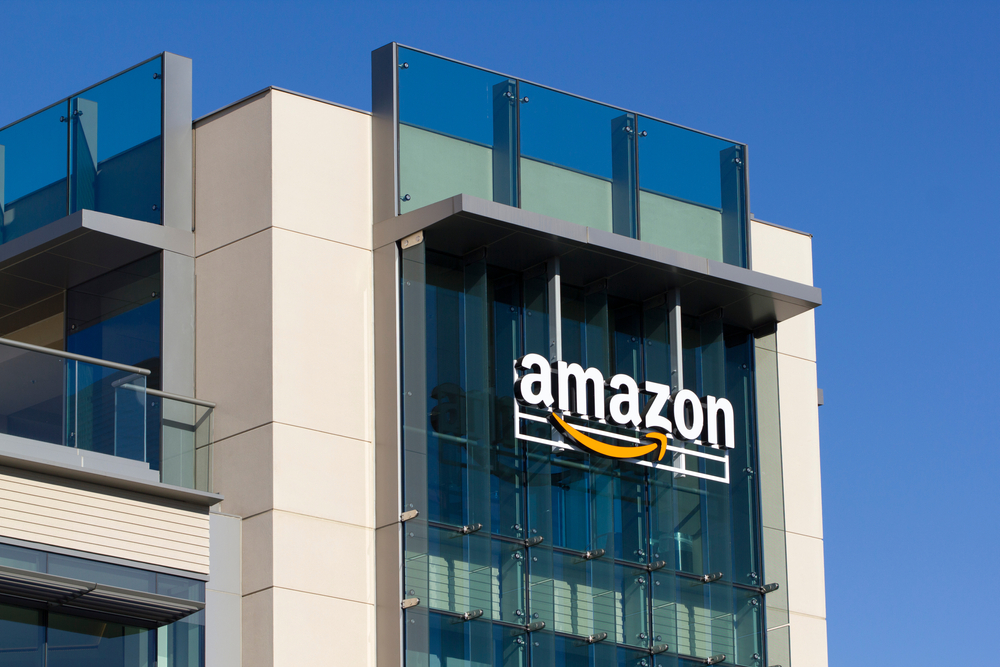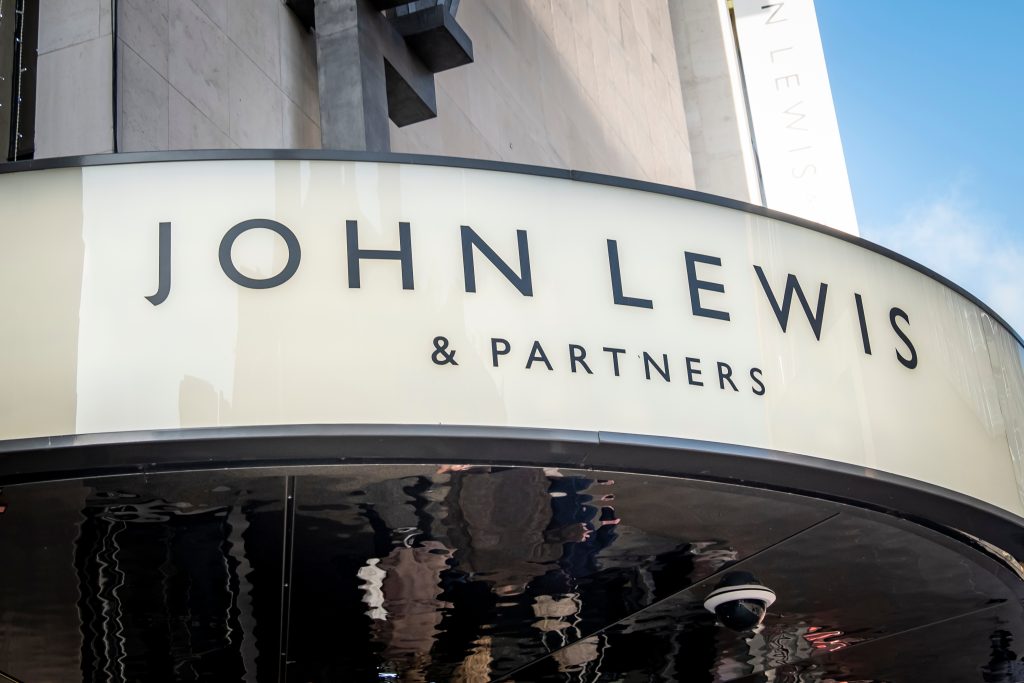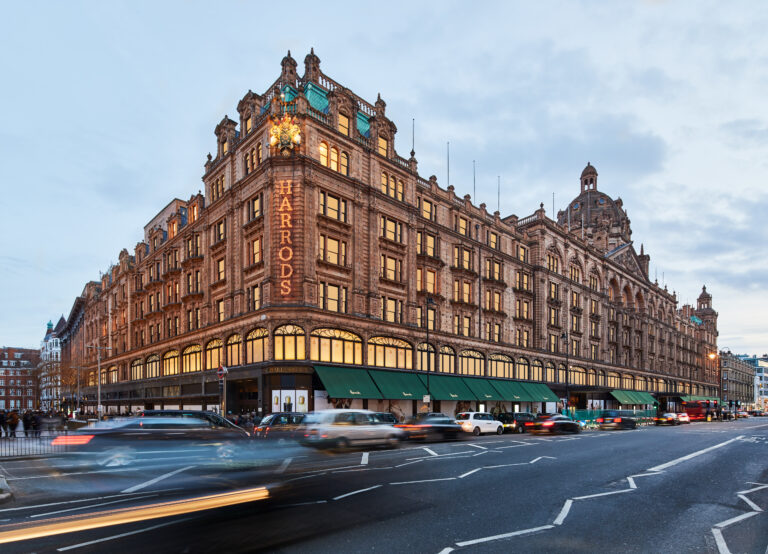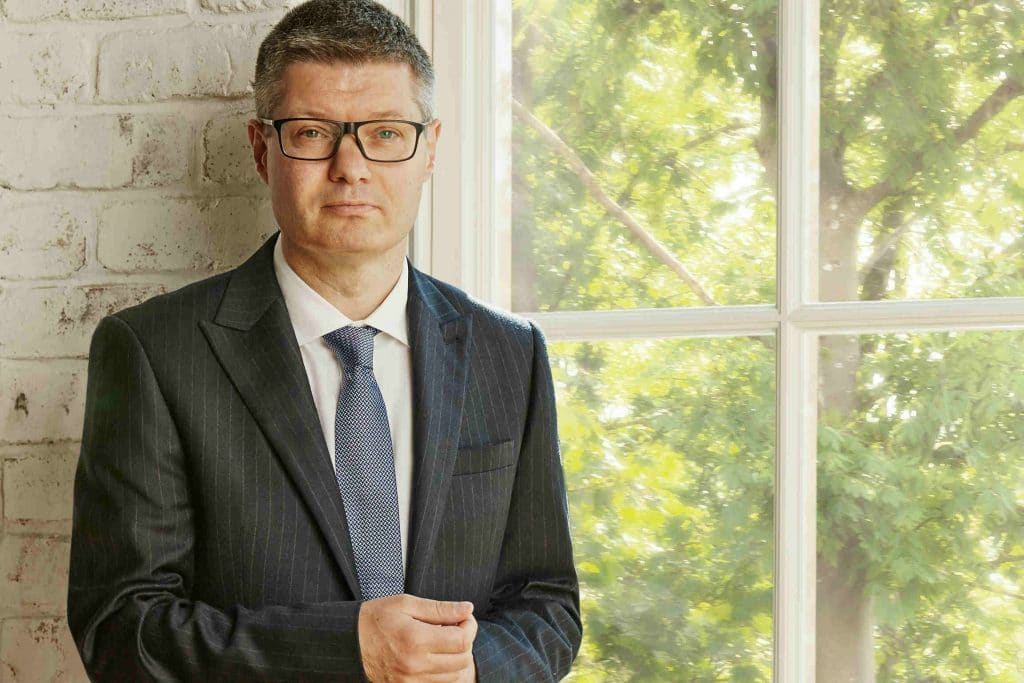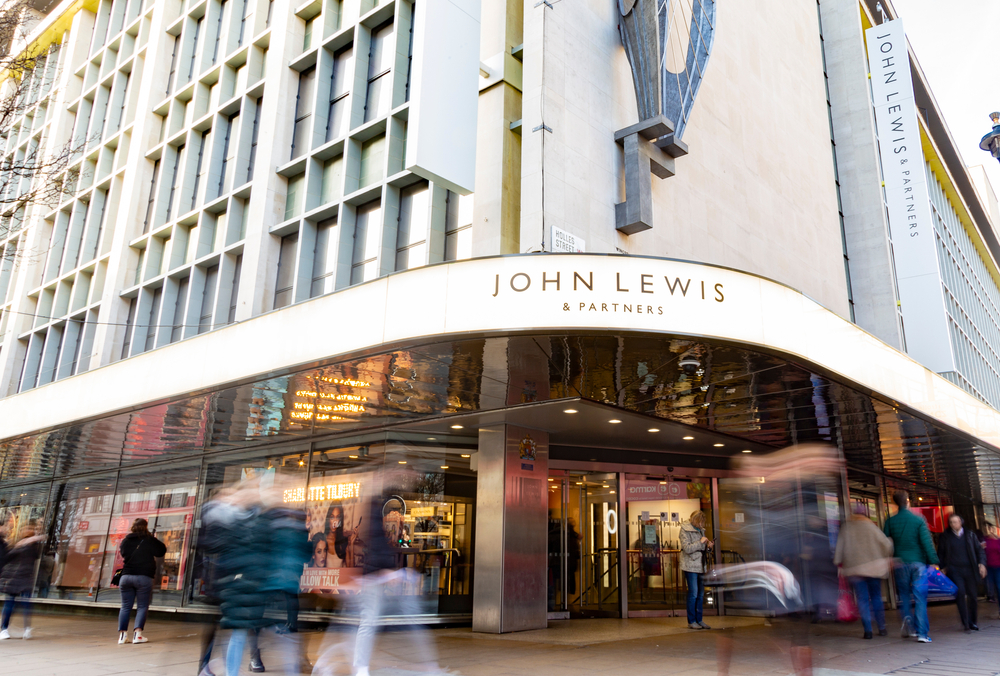Debenhams CEO Michael Sharp has announced that he will be stepping down from the business in 2016.
This news comes following speculation that city stockbroker Cenkos Securities was attempting to rally boardroom support against Sharp, who investors claim has failed in his recovery efforts for the department store chain. The stockbroker managed to gather support from some of Debenhams‘ biggest shareholders, including Mukesh Jagtiani, Schroders and Old Mutual, who between them own around 25% of the chain.
Debenhams issued two financial warnings in 2013, and has struggled to compete against rivals like House of Fraser and M&S. The store has cut back on sales days and has attempted to revive its revenue through increased concessions.
However, there is evidence that Sharp‘s ‘evolution not revolution‘ strategy is bearing fruit. The news of his departure came just as Debenhams revealed its full year results. For the 52 week period ending August 29, pre-tax profits rose by 7.3% to £113.5m, in line with market expectations. The company‘s net debt was reduced by £41.7m to £319.8m, whilst like-for-like online sales saw an increase of 1.3%
Debenhams Chairman Nigel Northridge, who has also been targeted by Cenkos, said that Debenhams had made “good progress” under Sharp.
“He has worked enormously hard to develop the company’s strategy and the benefits of this are really starting to show in the results,” he continued.
Sharp will continue his role at Debenhams through the Christmas trading period until a replacement has been found.
“I believe Debenhams is now capable of competing in the ever-changing and challenging world of multi-channel retailing,” Sharp said. “I accepted the job of chief executive with the intention of spending f

